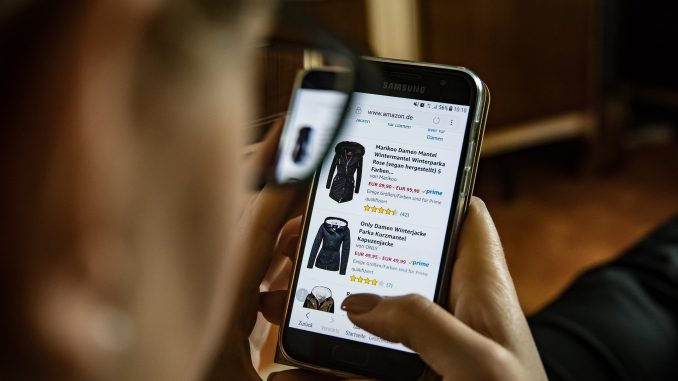CONSUMER AND SOCIETY

According to an investigation by The Guardian, internet giant Amazon still has a major problem with counterfeit goods being sold on its platform. The investigators found that, despite a multi-year crackdown, many fake products were still being sold, including:
- Knockoff Apple AirPods
- Fake Louis Vuitton iPhone case
- Counterfeit Kylie Jenner lip gloss
- Used iPhone chargers that were sold as new
Amazon Marketplace allows third-party sellers to sell products on Amazon’s platform. This has proven to be beneficial for many sellers, as well as for Amazon itself. However, it’s created a problem with fake goods.
Most of the products were listed legitimately on the website. For example, counterfeit Airpods were being shipped via the “Fulfilled by Amazon” feature. This feature allows sellers to store items in Amazon’s warehouse and be delivered by its employees.
This is an issue that Amazon has been trying to fix for several years. It’s faced a number of scandals, and many brands say that Amazon isn’t doing enough to stop fake products being sold. Amazon argues that it takes fraud seriously and has robust processes for preventing it.
When contacted by The Guardian, Amazon said it removed the affected products from Marketplace. It also relisted some of the items from New to Used.
Amazon said in a statement: “Amazon investigated and took action on 95 percent of all notices of potential infringement received from Brand Registry within eight hours. With our proactive innovations that learn from the information in Brand Registry, brands in Brand Registry on average are finding and reporting 99 percent fewer suspected infringements than before the launch of Brand Registry.”
When a business registers to sell products on Amazon, the site’s systems “scan information for signals that the business might be a bad actor,” the company said in a statement. “Over 99.9 percent of all Amazon page views land on pages that have not received notices of infringement.”
As Amazon continues to fight the issue, consumers can take steps to avoid paying for counterfeit goods online.
Joel Anderson of GoBankingRates.com advises that “when you see a vendor on a street corner selling Rolex watches for $20, it’s not that hard to deduce that they are fakes. The same principle can be applied to products on Amazon.”
In addition, Julie Zerbo from the Fashion Law blog recommends that consumers “limit their purchases exclusively to products sold by the brands themselves, either by way of them selling on Amazon’s platform directly, via an authorized account, or by way of a partnership with Amazon, as Calvin Klein, for instance, recently began doing.”
